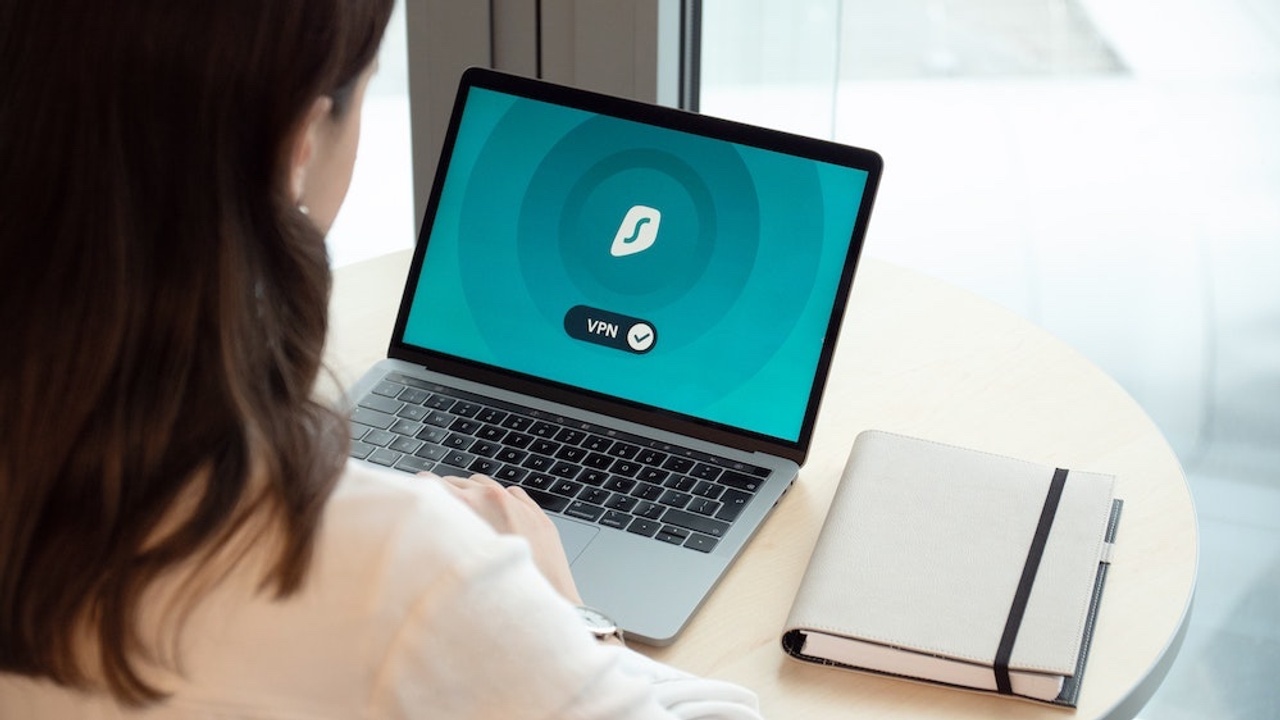Cybersecurity 101 for Entrepreneurs and Small Business Owners

Modern technology has made life easier in many ways. However, it can also introduce new threats. Cybercrime is an excellent example. As a small business owner or entrepreneur, it's critical to educate yourself about cybersecurity threats that could derail your business operations or put sensitive data at risk. TechRadar reveals that attacks against small businesses have increased since the COVID-19 pandemic. Educate yourself to stay safe. You can begin with these suggestions:
Use strong passwords for all of your business accounts and devices.
Your business devices, software accounts, and email should all be password protected to prevent potentially malicious third parties from gaining access to your data. Consumer Reports offers actionable tips for creating strong passwords, like including upper and lower-case letters along with numbers and symbols. Also, they advise against "recycling" passwords. You should further change passwords if you suspect a breach of any kind.
Keep business tools and technology updated.
In addition to updating passwords regularly, you should also keep your devices and software up-to-date. Popular Science explains why it's so critical to adopt updates quickly, noting that they often contain valuable security patches. A security patch addresses previous gaps and current threats, enhancing protection for your phone, laptop, or other gizmos. Even if you have to take half an hour out of your day to wait for an update to install, it's worth it.
If you rent one of Austin’s nearly 2,400 apartments, you need to be particularly careful with your business’s data. In fact, if you can’t ramp up security sufficiently, it would behoove you to either not work from home or look for a better dwelling.
Rely on secure document backup systems.
The days of paper filing are long gone. Modern business owners can rely on digital storage to back up important paperwork. Make sure to use secure, reputable digital storage systems. Business News Daily offers a list of options, including M-Files, Rubec by eFileCabinet, and Microsoft SharePoint. These tools also make it easier to safely share documentation, creating a communal electronic archive you and your employees can all access.
Take precautions to keep email secure.
Email can be a prime target for hackers. In addition to setting a strong password for your email accounts, there are precautions you can take to keep them safe. Email Analytics recommends various measures, including enabling two-factor authentication. How does it work? Every time you try to log into your account, you'll be asked to input a unique passcode, which is sent to your mobile device.
Have a recovery plan ready, just in case.
You can't rule out the possibility of a cyber attack completely. Have a recovery plan in place so you can get back on your feet quickly in case of issues. Look for plans that are adaptable and flexible so they can be implemented easily. A solid disaster recovery plan will also allow you to manage all of your data via a single interface and offer multiple layers of infrastructure protection and periodic penetration testing.
Enlist the services of a trustworthy IT consultant.
A reputable IT provider can further help you streamline your tech tools and practices to help safeguard against cyber attacks. When shopping around for IT providers, look for characteristics like experience, well-trained staff, clear billing policies, and flexible agreements.
As an entrepreneur or business owner, it's good to expect the unexpected, especially when it comes to cybersecurity. Following the above tips can help you maintain your business security against digital attacks.
Vast Action helps small businesses, entrepreneurs and sales professionals master their sales process, implement systems for organizing, tracking and communicating with their clients and prospects. Contact us today for more info! 512-200-4502
written by Gloria Martinez, womenled.org
Image by Dan Nelson

